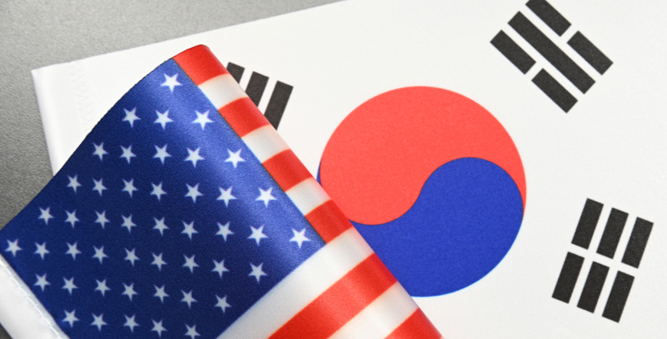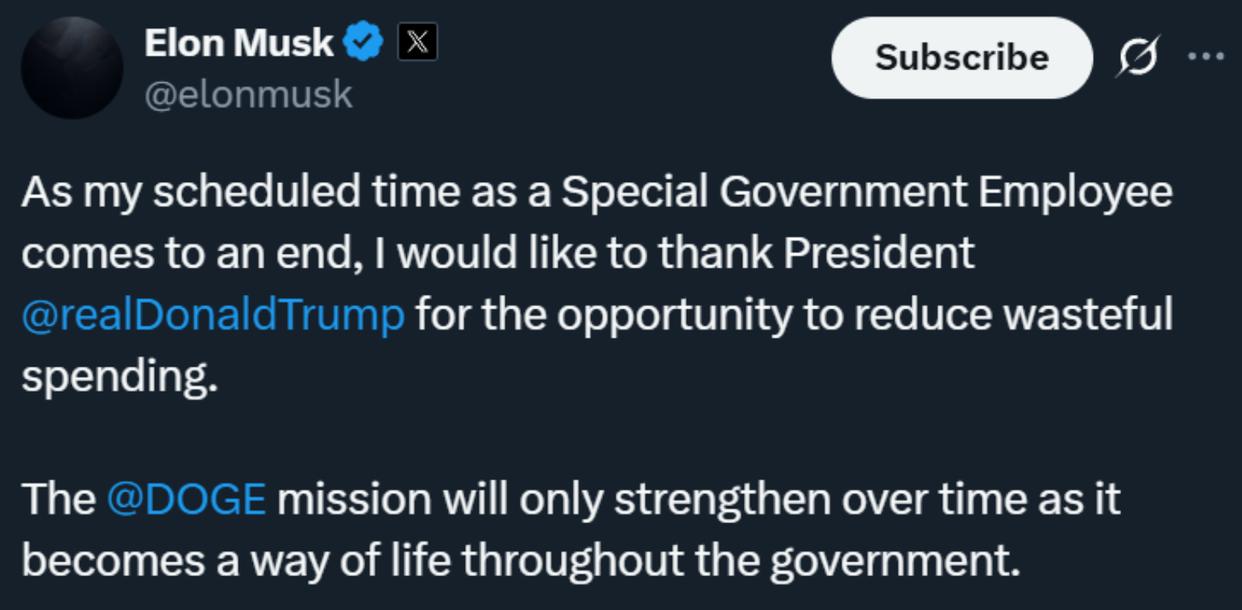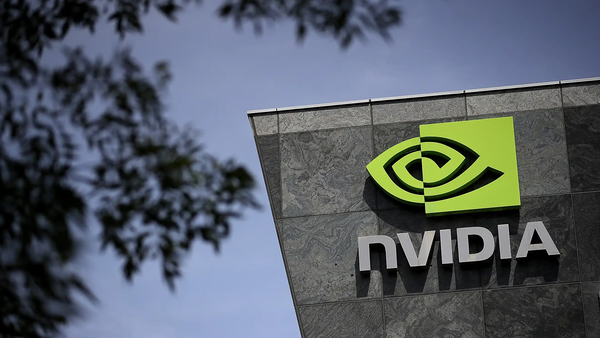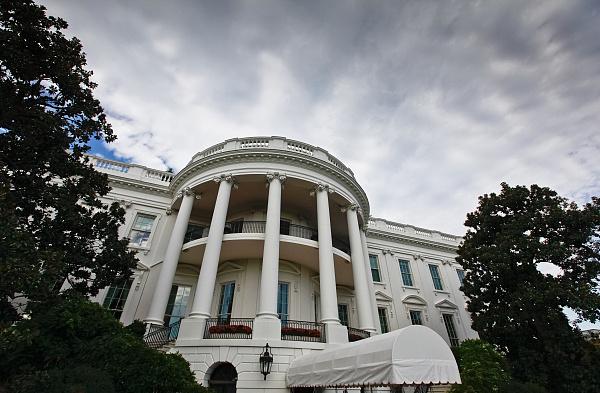
On the 10th, the Hankyoreh newspaper in South Korea published an “exclusive report” saying that the Department of Energy (DOE), which is responsible for US energy policy, nuclear energy research and development, and military nuclear weapons projects, has begun to list South Korea as a “sensitive country” and regulate it. Once listed as a sensitive country, exchanges and cooperation between South Korea and the United States in cutting-edge technologies such as nuclear energy and artificial intelligence (AI) will be strictly restricted. This is the first time that South Korea has been listed as a sensitive country by the US government. In this regard, some analysts believe that the US government’s move is to issue a strong warning to the “nuclear armament theory” that has recently risen in South Korea.
On the 11th, this report was ranked first in the “hot news ranking” on the newspaper’s website. The newspaper said that the interview results came from “sources in South Korea and the United States” and that the US Department of Energy has decided to list South Korea as a sensitive country from April 15, and has begun administrative preparations to notify its subordinate national research institutes in advance. The US Department of Energy designates sensitive countries for reasons such as national security, nuclear non-proliferation, regional instability, economic security threats, and support for terrorism, and strictly restricts exchanges with research institutions or scholars in these countries.
The report wrote that it is understood that the research institutes under the US Department of Energy have received relevant notifications at the beginning of this month. The report quoted a researcher from a national research institute in the United States as saying, “Since relevant administrative processing must be carried out immediately after the (list) takes effect on April 15, a notice was issued in early March to prepare in advance.” The researcher also said, “The government did not explain the reason for this measure, and the researchers in the institute were surprised and confused that South Korea was included in the list of sensitive countries.”
Lee Chun-geun, an expert in the nuclear energy field and a special expert of the Korea Institute of Science and Technology Planning and Evaluation, told the Hankyoreh that “the US Department of Energy is responsible for everything from the nuclear energy industry to nuclear materials used in nuclear weapons, and the most important criterion for classifying “sensitive countries” is the risk of nuclear proliferation. The spread of nuclear armament theories in South Korea may be the core reason for this measure.” Yonhap News Agency said that researchers from sensitive countries must go through a stricter certification process if they want to work in relevant facilities or research institutions of the US Department of Energy and participate in related research. If the relevant measures are officially implemented, it may be more difficult for Korean researchers to participate in cutting-edge research in nuclear energy, artificial intelligence (AI), quantum technology, etc. in US national research institutions and universities in the future.
This move by the United States has triggered speculation and discussion in the South Korean public opinion. Zhang Rongshuo, a researcher at Seoul University, believes that South Korea, which relies on American technology in key areas such as AI, may be passive as a result. As the competition in AI technology among countries enters a white-hot stage, South Korea’s industrial competitiveness will be severely impacted. He said, “Since the list of sensitive countries is jointly managed by the Ministry of Energy and other intelligence agencies, it is difficult for South Korea to cope with it.” However, there are also optimistic expectations that the United States will not easily take measures to hinder such cooperation in view of the necessity of advanced technology cooperation between the United States and South Korea.
South Korean Foreign Minister Cho De-yeol said on the 11th that he is understanding the specific situation based on information obtained from informal channels. He said that the US list of “sensitive countries” does not seem to have been finalized. South Korea has made representations based on information from informal channels, and the United States is re-understanding the situation.








